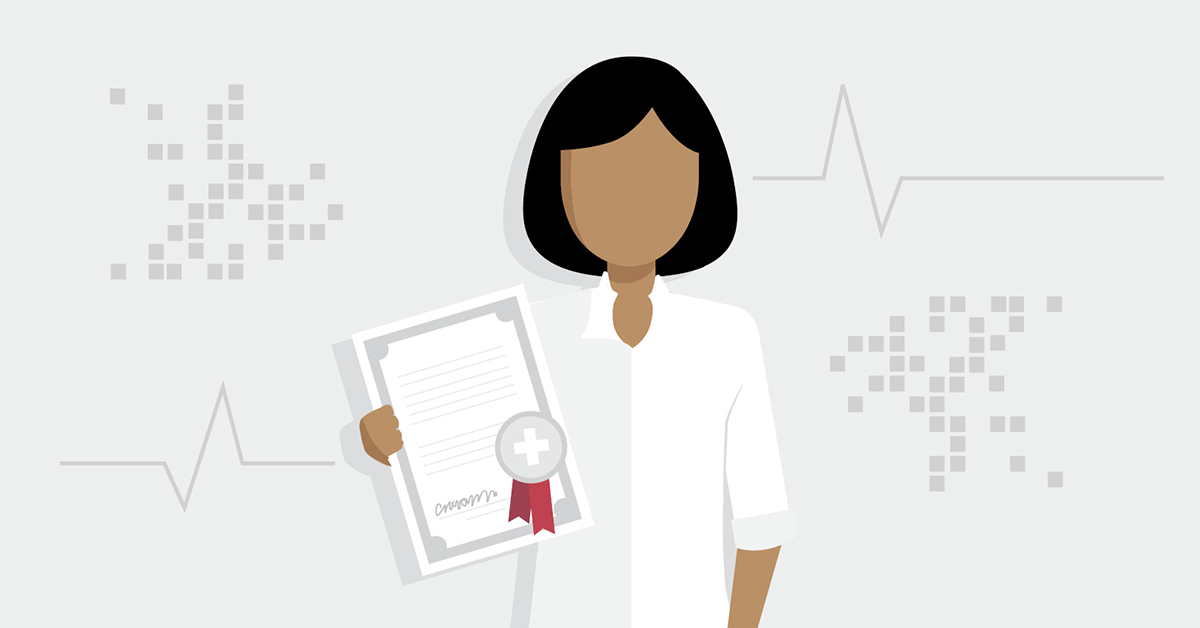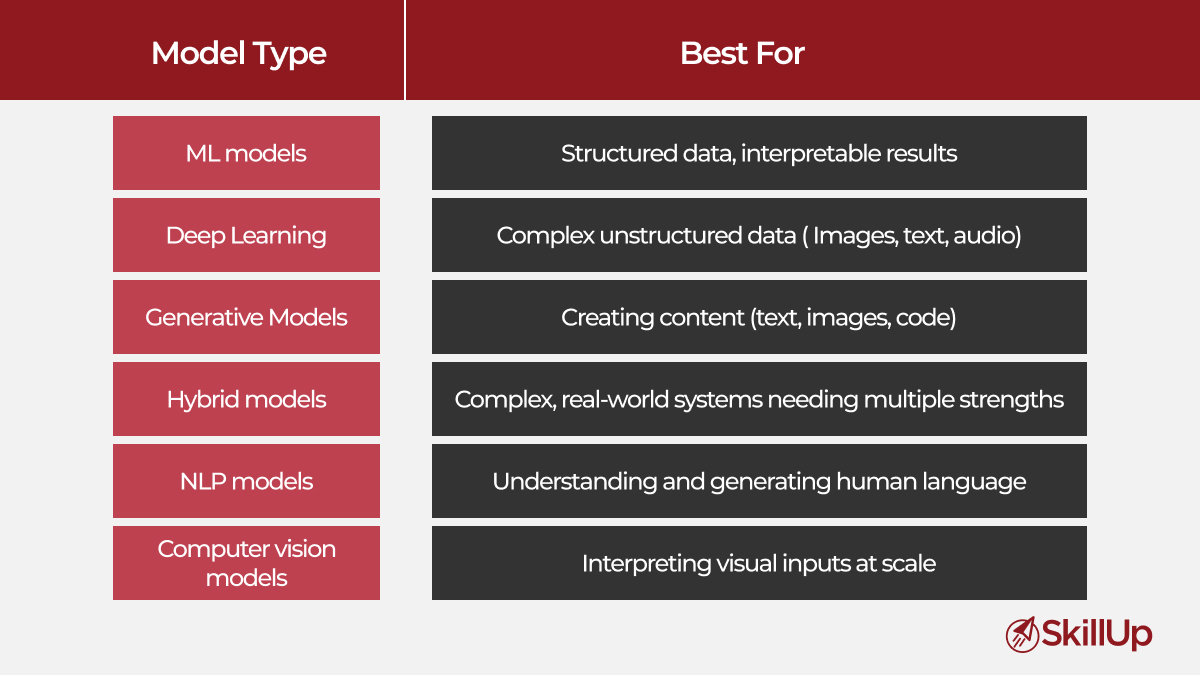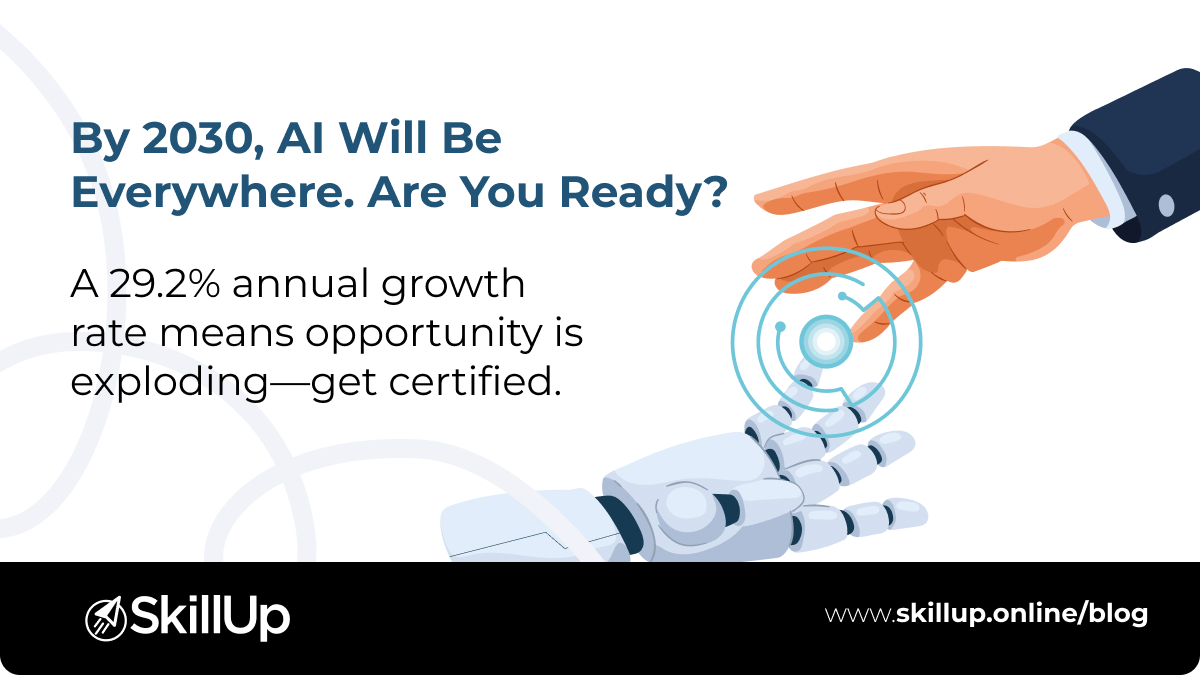Innovation in healthcare continues to grow at a rapid pace creating a high demand for IT professionals who are tasked to implement and support new technologies. This means there’s no better time to consider a career in healthcare IT.
While it’s an expanding field, there are challenges that the healthcare landscape brings that IT professionals will need to be well versed at. Healthcare requires specific certifications and training across the board and that includes IT too. For example, you’ll need an understanding of the Health Insurance Portability and Accountability Act (HIPAA) rules, Electronic Health Records (EHR), and that’s just the beginning.
You can get your foot in the door through online certifications that will provide the training you need to succeed in healthcare IT. Plus, if you’re looking to set yourself apart the right certifications will help you excel.
Let’s take a look at some of the certifications that will help you jumpstart your career in healthcare IT.
Internet of Things (IoT) Certification
IoT is prevalent in healthcare, from devices for monitoring patients’ health to those with sensors in medical equipment. This field provides plenty of opportunities for those with the right certification(s), not only in healthcare but in a wide range of industries.

IoT certifications show that individuals have a thorough understanding of how IoT can support the healthcare industry and the different approaches for implementing IoT solutions across varying devices and environments.
Certified Outpatient Coder (COC)
Careers in outpatient facilities, like outpatient billing and coding in hospitals, are growing. COCs have the benefit of being in demand, earning a competitive salary, and have the flexibility to work from home.
Also, as far as medical coding goes, the COC is one of the highest paying credentials you can receive in healthcare.
Getting started with your certification requires two years of experience with medical coding. It also helps to have an associate’s degree as well, but it’s not required.
Healthcare Information Security and Privacy Practitioner (HCISPP)
The HCISPP is a cybersecurity certificate that combines data privacy with cybersecurity to protect the health information of all patients. Individuals with HCISPP certification often work in positions such as risk analysts and compliance auditors.
If you don’t want such a specialized credential, a certificate in cybersecurity and information security is still a must. As you can imagine, security is important across all industries but is paramount for healthcare and patient privacy. That’s why we offer a number of different courses in this area to ensure you are adept at establishing systems built with security in mind all the way to what to do if there’s a security breach.
Artificial Intelligence (AI) Certification
Artificial Intelligence is a significant area in health innovation, especially in medical imaging. These applications cut costs and improve patient care. Radiology in particular is at the forefront of this innovation in the healthcare industry.
Those with training in AI will be well suited for a career with AI systems in the healthcare industry.
Project Management Professional (PMP) Certification
If you’re a person who thrives on structure and teamwork, a career in healthcare IT project management may be for you.
The Project Management Institute (PMI) holds the standards for PMP certification. A PMP certification is great to have for a variety of different industries, making it a useful certification across the board. However, the healthcare industry in particular needs project managers to manage areas such as electronic health records.
Minimum requirements to achieve your PMP include a four-year degree, three years of experience as a project leader, and 35 hours of education in project management.
Certified Professional Coder (CPC)
If you really want to go the distance, the American Academy of Professional Coders (AAPC) administers this certificate for those interested in medical documentation and coding. As far as medical coding certificates go, it also happens to be one of the most recognized in healthcare.
CPCs need to understand the correlation between payment policy changes and medical coding and have knowledge of coding guidelines and regulations.

Those with an associate’s degree are in an excellent place to work toward this credential. However, it’s not a requirement. You’ll also need two years of experience in medical coding.
Start Now…Careers in Healthcare IT Are Booming
The healthcare IT landscape is not set to slow down anytime soon. These certifications show that you don’t need an advanced degree to enter the field of healthcare IT. This makes it a great option for those just starting their careers or looking to make the transition to the healthcare industry.
SkillUp Online can help. Check out our course catalog for more information on certifications that are right for you.

CEO, SkillUp Group




